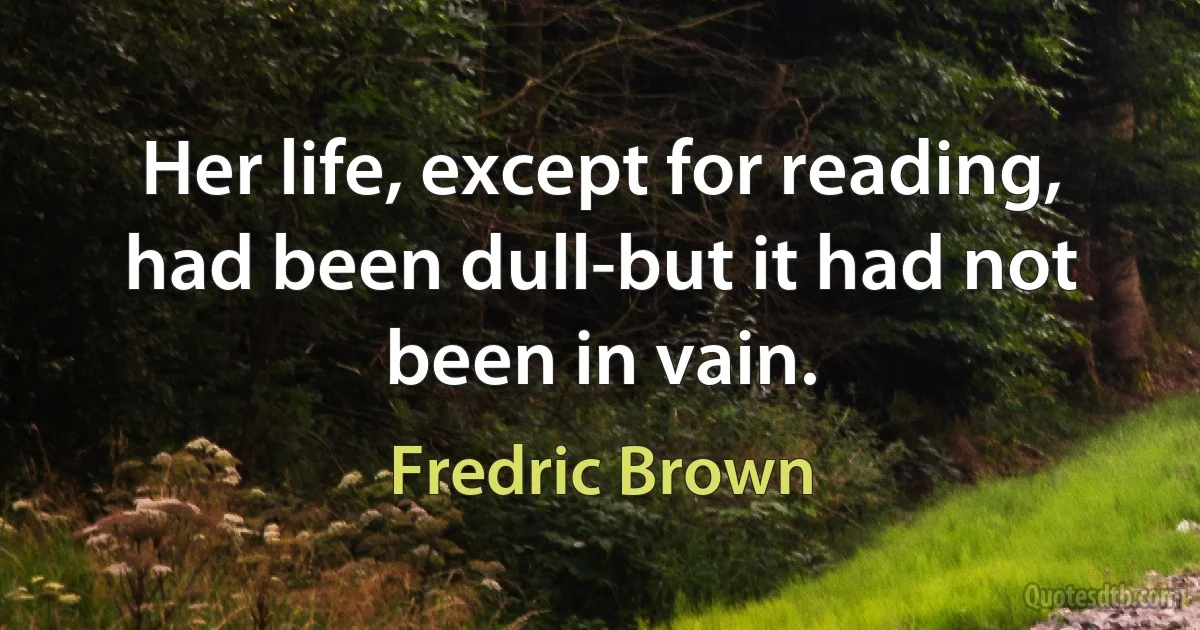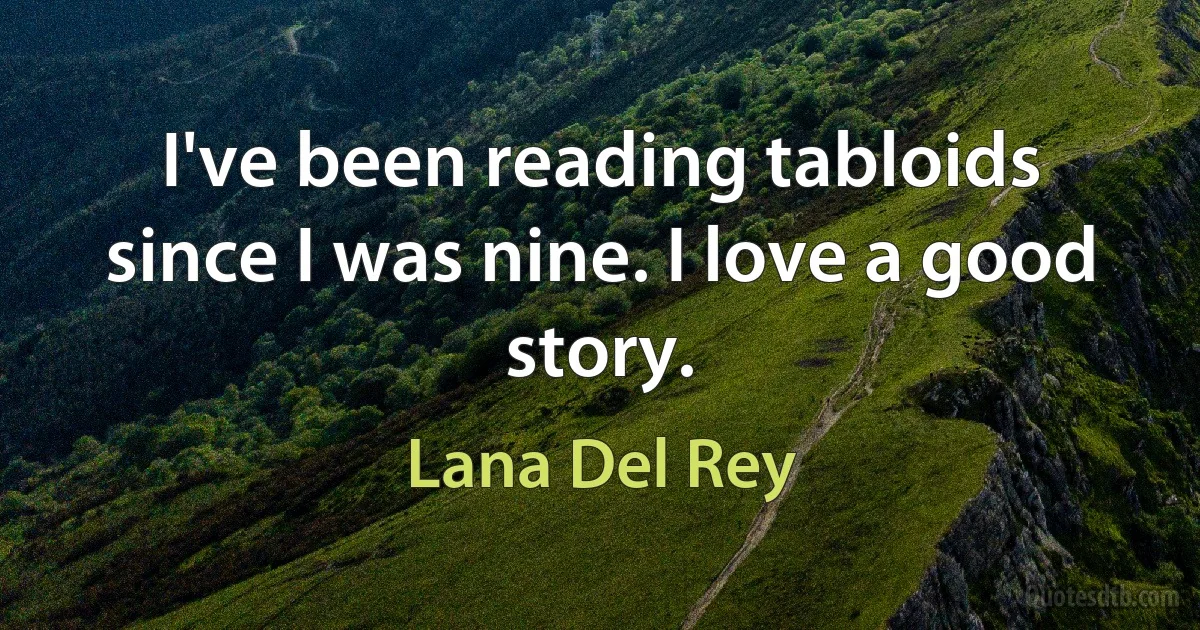Reading Quotes - page 100
For many years I did not dare look into a Latin author or at anything which evoked an image of Italy. If this happened by chance, I suffered agonies. Herder often used to say mockingly that I had learned all my Latin from Spinoza, for that was the only Latin book he had ever seen me reading. He did not realize how carefully I had to guard myself against the classics, and that it was sheer anxiety which drove me to take refuge in the abstractions of Spinoza.

Baruch Spinoza
During the LA riots English people were trying to sympathize with me, "Oh Bill, crime is horrible. If it's any consolation, crime is awful here, too." Shut up. This is Hobbiton and I'm Bill-bo Hicks ... You gotta see English crime. It's hilarious. You don't know if you're reading the front page or the comic section over there. I swear to God. I read an article front page of the paper one day, in England: "Yesterday, some hooligans knocked over a dustbin in Shaftesbury." ... Wooooo. The hooligans are loose! The hooligans are loose! ... What if they become ruffians? I would hate to be a dustbin in Shaftesbury tonight. [to the tune of "Behind Blue Eyes" by The Who] "No one knows what it's like ... to be a dustbin ... in Shaftesbury ... with hooligans ..."

Bill Hicks
[After reading an article on Miles for Kids in an inflight journal] What [President of the Airline] is doing is, he's urging everyone to give up their frequent flyer miles for sick kids... But as I was reading this, there were two empty seats next to me. Why can't sick kids sit there? If they're so concerned with sick kids, shouldn't they have like a pen of sick kids next to the gate?

David Cross
When I was young, it was not thought proper for young ladies to study very conspicuously; and especially with pen in hand. Young ladies (at least in provincial towns) were expected to sit down in the parlour to sew,-during which reading aloud was permitted,-or to practice their music; but so as to be fit to receive callers, without any signs of blue‐stockingism which could be reported abroad. Jane Austen herself, the Queen of novelists, the immortal creator of Anne Elliott, Mr. Knightly, and a score or two more of unrivalled intimate friends of the whole public, was compelled by the feelings of her family to cover up her manuscripts with a large piece of muslin work, kept on the table for the purpose, whenever any genteel people came in. So it was with other young ladies, for some time after Jane Austen was in her grave; and thus my first studies in philosophy were carried on with great care and reserve.

Jane Austen
I have been reading Miss Austen's Emma, which I had entirely forgotten, with the greatest enjoyment. I think it an admirable book, & I dare say you will agree with me. Miss Austen is an inimitable painter of quiet life. It would be difficult to say where the interest of Emma lies, yet it does interest strongly. There is no fine writing; no laboured description; no imaginative or ideal touches; no working on the feelings. Its magic must be its truth. It is exquisitely true. Life is presented to us, not as it may be taken in rare situations, in picturesque emergencies, but as we see it everyday. Common, workday life, with here & there a suit of best for Sundays. Yet there is nothing trivial. It is what Alfred calls in one of his unfinished poems "most ideal unideal, most uncommon commonplace."

Jane Austen
In fact, there may be a day in the near future when you find yourself in a conversation about this book, and someone will ask you what the story is really about, beyond the rudimentary narrative of a cross-country death trip based on a magazine article. And it's very likely you will say, "well, the larger thesis is somewhat underdeveloped, but there is this point early in the story where he takes a woman to Ithaca for no real reason, and it initially seems innocuous, but - as you keep reading - you sort of see how this behaviour is a self-perpetuating problem that keeps reappearing over and over again." In all probability, you will also complain about the author's reliance on self-indulgent, postmodern self-awareness, which will prompt the person you're conversing with to criticize the influence of Dave Eggers on the memoir-writing genre. Then your cell phone will ring, and you will agree to meet someone for brunch.

Chuck Klosterman
Some people spend their entire lives reading but never get beyond reading the words on the page, they don't understand that the words are merely stepping stones placed across a fast-flowing river, and the reason they're there is so that we can reach the farther shore, it's the other side that matters.

José Saramago
I was reading even before I could spell properly, even though I couldn't necessarily understand what I was reading. Being able to identify a word I knew was like finding a signpost on the road telling me I was on the right path, heading in the right direction. And so it was, in this rather unusual way, Diário by Diário, month by month, pretending not to hear the jokey comments made by the adults in the house, who were amused by the way I would stare at the newspaper as if at a wall, that my moment to astonish them finally came, when, one day, nervous but triumphant, I read out loud, in one go, without hesitation, several consecutive lines of print.

José Saramago
Without this advantage I never should have ventur'd upon a third volume of such abstruse philosophy, in an age, wherein the greatest part of men seem agreed to convert reading into an amusement, and to reject every thing that requires any considerable degree of attention to be comprehended.

David Hume



